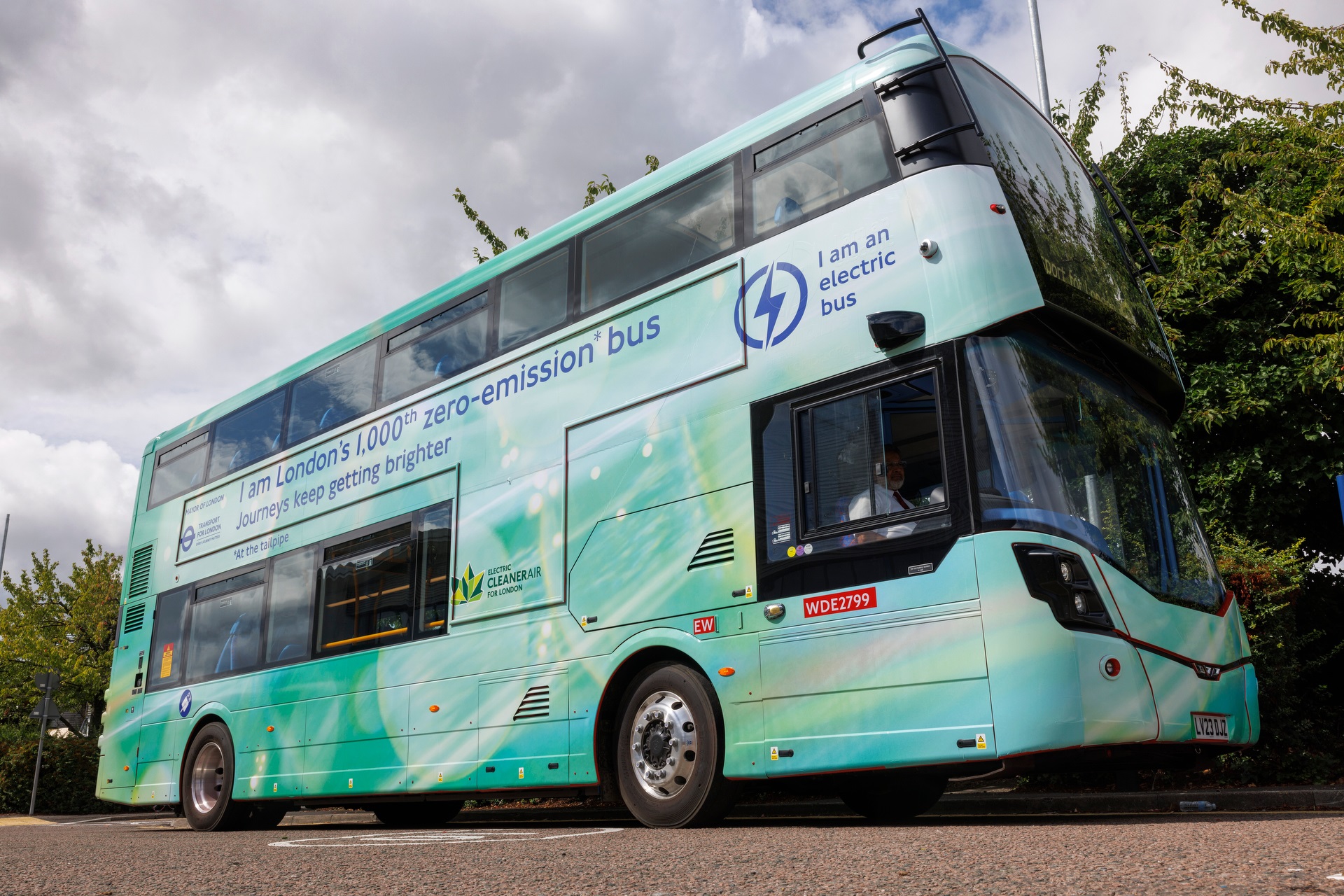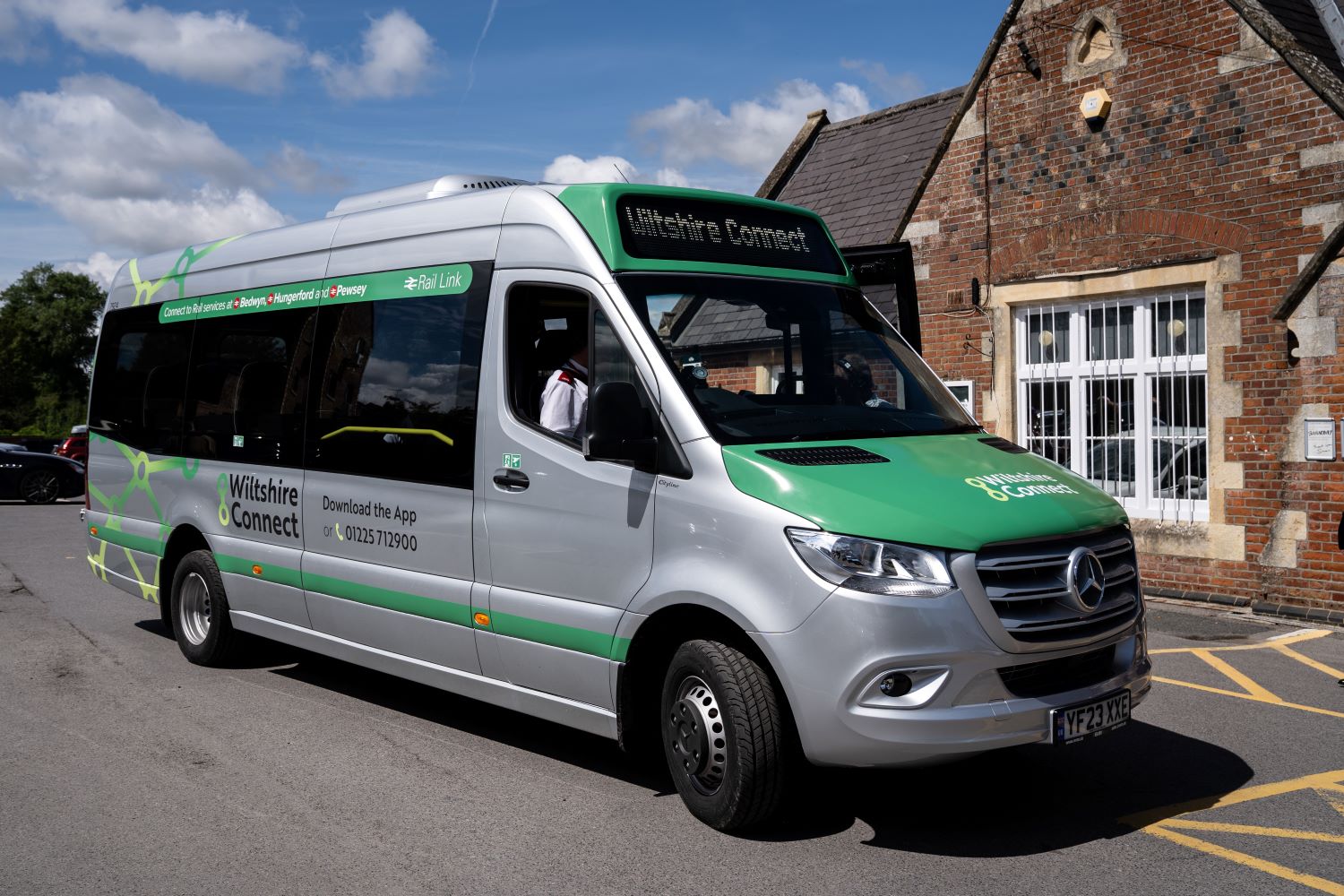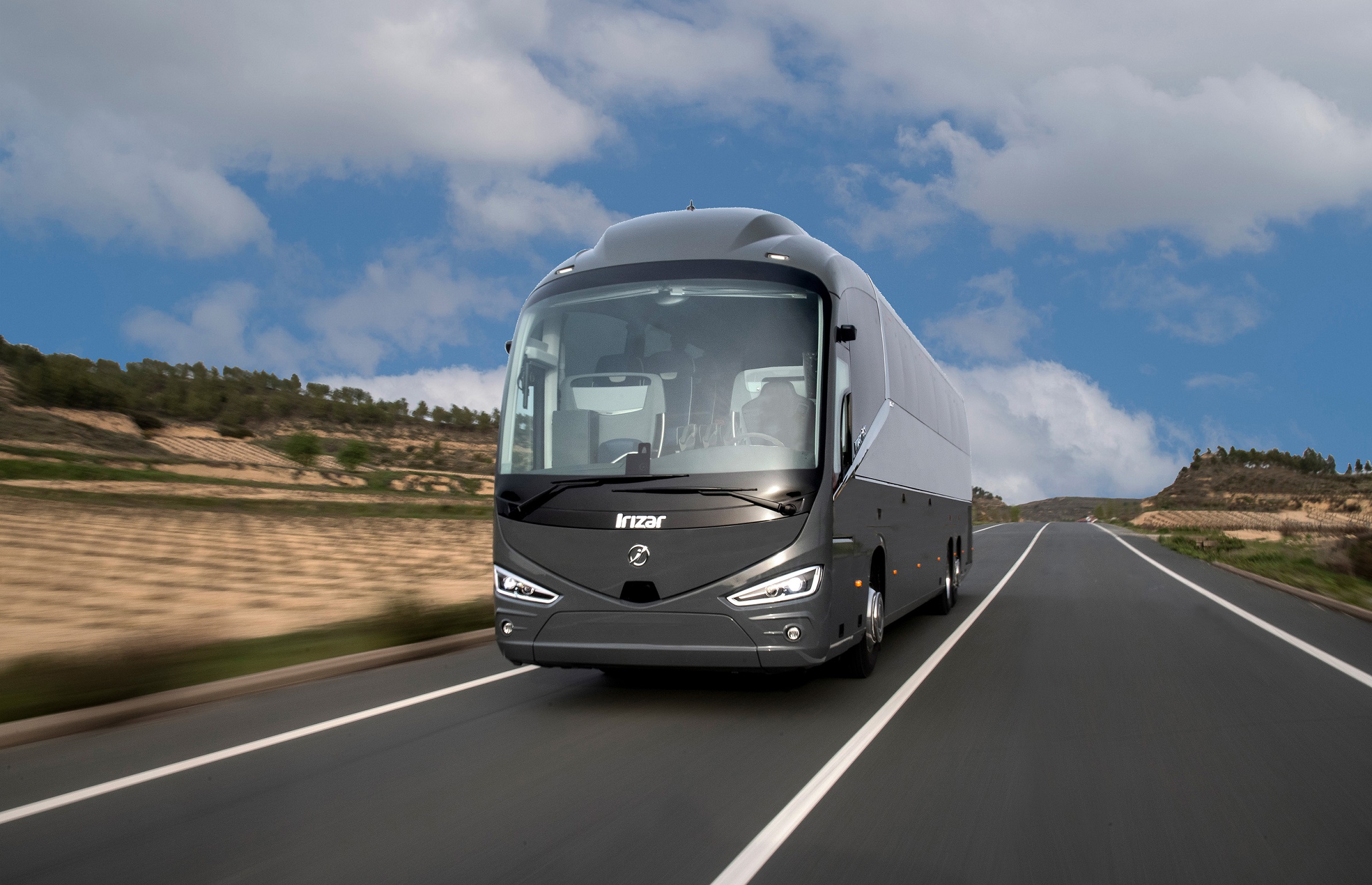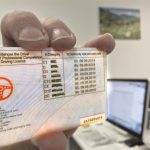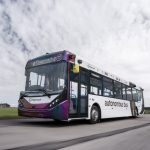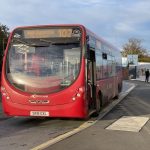More than one in nine buses used on Transport for London (TfL) services in the capital are now zero-emission after the 1,000 unit milestone for such vehicles was surpassed.
It means that 54 TfL routes have been converted fully to zero-emission and 15 on a partial basis. The commemorative 1,000th delivery is a Wrightbus StreetDeck Electroliner for Metroline that is used on route 204 between Edgware and Sudbury.
The TfL zero-emission bus fleet is the largest in Western Europe. Under the body’s existing plans, its contracted provision will be entirely zero-emission by 2034. But delivery of the ceremonial 1,000th bus saw a renewed call for government funding that will allow that date to be brought forward to 2030.
Such bus fleet transition sits alongside the controversial further expansion of the Ultra Low Emission Zone in helping to “remove harmful emissions from London’s air.” Mayor Sadiq Khan adds that he is committed to delivering an entirely zero-emission bus fleet by 2030.
Speaking about the delivery of the 1,000th zero-emission bus for the capital, Metroline CEO Sean O’Shea describes it as “a significant milestone in the decarbonisation of London and the bus network.” Mr O’Shea adds that Metroline “is proud to operate more than 100 electric vehicles across a number of routes, with more to follow.”
He continues: “It has been a great team effort to get to this point, with three garages already electrified and a fourth to come, and it demonstrates our continued investment and commitment to leading the way for our customers and helping to provide cleaner air for Londoners.”
TfL Director of Buses Louise Cheeseman underlines that increased bus use remains the quickest, easiest and cheapest way to move car trips to public transport. She adds that continued investment in zero-emission vehicles also benefits the wider UK through vehicle manufacture in multiple provincial locations.




